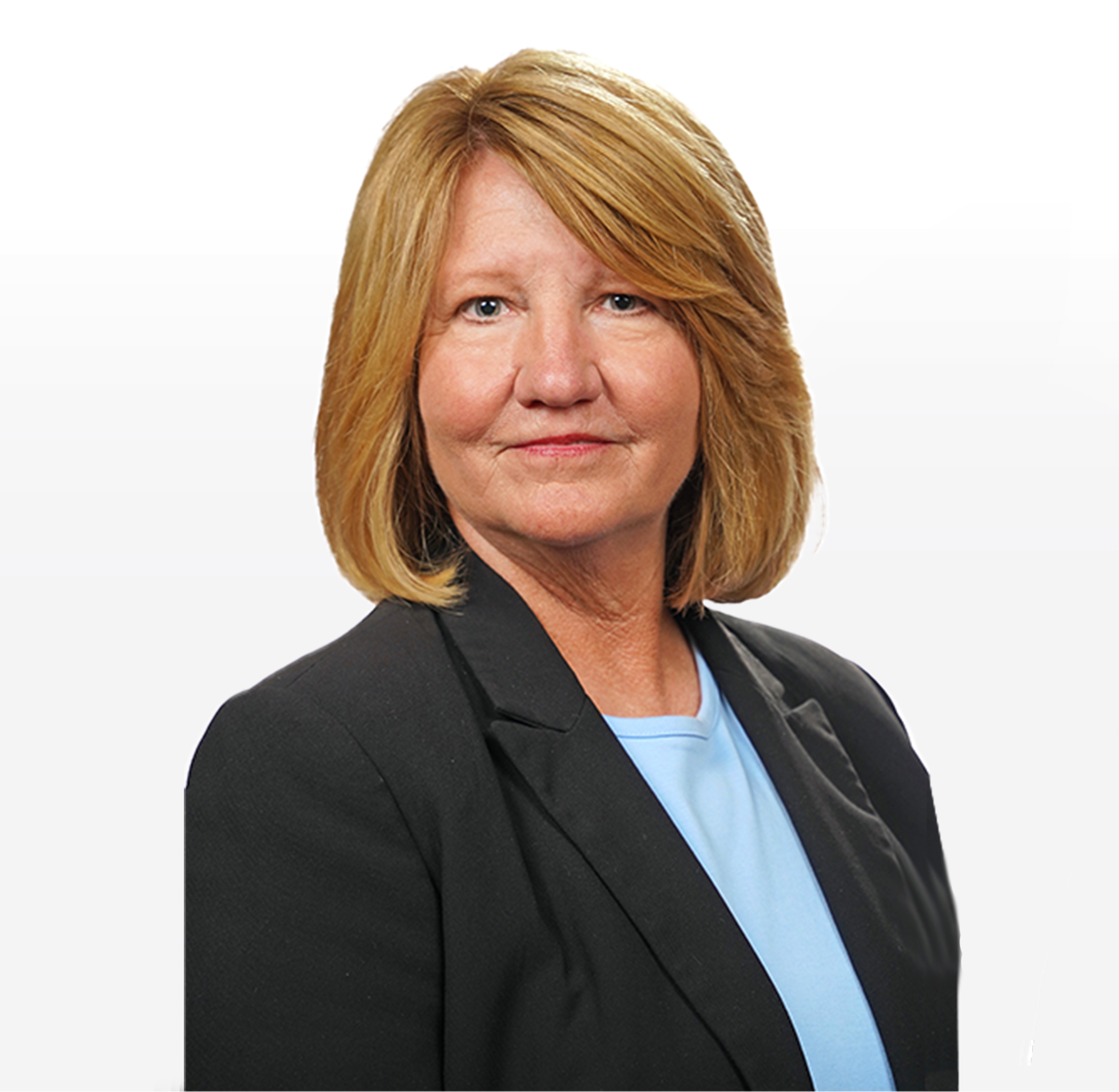Nannette Johnston, 2014 Kentucky Superintendent of the Year, discusses finding success in a continually changing education landscape and her experience serving alongside Rob Clayton, Superintendent of Warren County Public Schools.
Episode 311
Develop Accountability to Develop Leadership
In this Accelerate Your Performance podcast episode, Dr. Janet Pilcher invites Nannette Johnston, former Studer Education Leader Coach and 2014 Superintendent of the Year, awarded by the Kentucky Association of School Administrators.
Listen Now
Hosts

Janet Pilcher
President, Studer Education
About the Episode

- Key leadership strategies for driving organizational excellence
- Practical tactics to engage and develop your team
- Insights to accelerate continuous improvement
Pillar 6: Exceed Customer Expectations
Pillar 7: Align Goals, Behaviors, and Process
More Like This
Browse AllWant to bring books to your team?
We support districts with bulk ordering options, reading guides, and professional learning plans built around our published content. Our books offer a shared language for system-wide alignment, whether for a leadership retreat, professional learning series, or district-wide initiative.
























